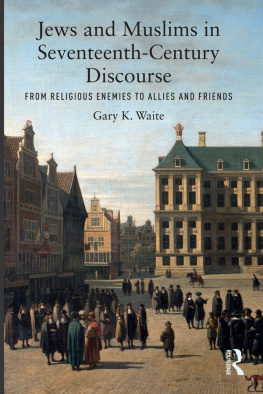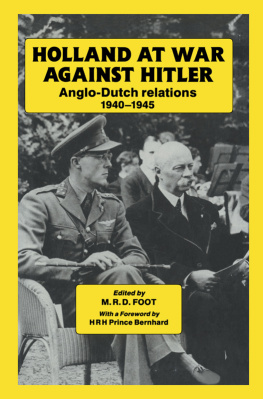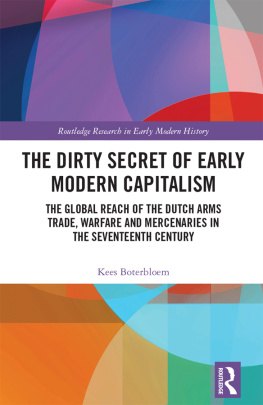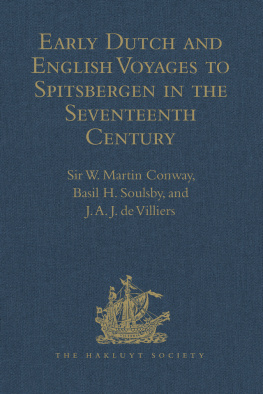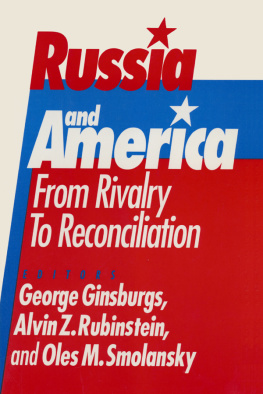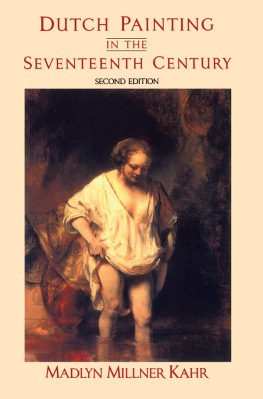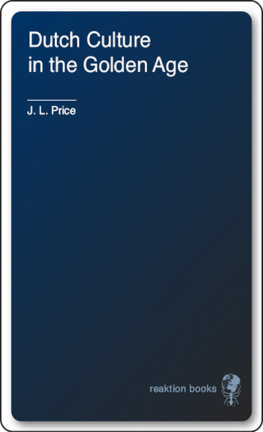ANGLO-DUTCH RIVALRY
DURING THE FIRST HALF OF THE
SEVENTEENTH CENTURY
BEING THE FORD LECTURES
DELIVERED AT OXFORD IN 1910
BY THE
REV. GEORGE EDMUNDSON, M.A.
F.R.G.S. F.R. Hist. S.
LATE FELLOW AND TUTOR OF BRASENOSE COLLEGE
HONORARY MEMBER OF THE DUTCH HISTORICAL SOCIETY (UTRECHT)
FOREIGN MEMBER OF THE SOCIETY OF NETHERLANDS LITERATURE (LEYDEN)
OXFORD
AT THE CLARENDON PRESS
1911
HENRY FROWDE, M.A.
PUBLISHER TO THE UNIVERSITY OF OXFORD
LONDON, EDINBURGH, NEW YORK
TORONTO AND MELBOURNE
PREFACE
The varying fortunes of the obstinate and fiercely contested struggles with the Dutch for maritime and commercial supremacy in the days of the Commonwealth and the Restoration are familiar to all readers of English history, and especially of English naval history. Never did English seamen fight better than in these Dutch wars, and never did they meet more redoubtable foes. The details of the many dogged contests marked by alternate victory and defeat are now more or less unintelligible save to the expert in the naval strategy and tactics of the times, but legends have grown round the story of Martin Tromp sailing down the Channel with a broom at his mast-head, and of the exploit of Michael de Ruyter in burning the English ships at Chatham, which are never likely to be forgotten. The names of these two famous seamen are probably better known to Englishmen than those of any of the contemporary English admirals save that of Robert Blake alone. This fact should bespeak for the attempt that is here made to trace the causes and the growth of the Anglo-Dutch rivalry at sea and in commerce, which culminated in the collision between Blake and Tromp off Dover on May 29, 1652, and the declaration of war that followed. It has been my object in these Ford Lectures to treat of the relations between England and the United Provinces during the half-century that preceded the first outbreak of hostilities, and to make it clear that these wars of 1652-4, 1665-7, 1672-4 were the inevitable outcome of a long-continued clashing of interests, which were of fundamental importance and indeed vital to the welfare of both nations.
The first half of the seventeenth century was one of the most critical periods in English history. In any account of the reigns of the first two sovereigns of the House of Stewart political and religious questions of primary significance thrust themselves into the foreground of a picture full of deepening dramatic interest, with the result that other questions, apparently subordinate but in reality closely bound up with the national destinies, have been either relegated to the background or wholly overlooked and neglected. It has been so in regard to the questions dealt with in these pages.
The history of the revolt of the Netherlands and of the rise of the Dutch Republic shows to us Englishmen and Dutchmen united by bonds of sympathy and fighting side by side against a common foe. To both alike the Spaniard and the Inquisition were hateful, and in shedding their blood freely for the cause of Dutch freedom Englishmen were in fact acting in their own self-defence against the ambitious projects of Philip II. At first sight then it appears strange that the conclusion of the truce for twelve years in 1609 should have been followed by a coolness and growing estrangement in the relations between the two countries, and by a series of endless bickerings, grievances, and disputes which all the resources of diplomacy in protracted negotiations proved unable to settle amicably to the satisfaction of both parties. The truth is that the very points of resemblance in the racial characteristics of the English and the Dutch brought them into collision in almost every part of the world. Born colonizers, traders, and explorers, each people was instinctively conscious that its destiny was upon the water, and that mastery of the seas was a necessity of national existence. Hence a rivalry which was unavoidable, inexorable, a rivalry which could eventually have only one of two issues, either the voluntary submission of one of the rivals to the other, or a trial of strength by ordeal of battle.
James I and Charles I, whatever the deficiencies and mistakes of their foreign policies, were not blind to the significance of the appearance of this new sea-power on the other side of the 'narrow seas', and were quick to recognize that the Dutch menace to the essential interests of their island kingdom was at least as formidable as the Spanish menace had ever been. The diplomacy of both these kings was on the face of it vacillating, uncertain, and opportunist, but it is unjust to attribute this wholly to constitutional infirmity of purpose, or to an innate propensity to carry through their schemes by tortuous by-ways and dubious intrigues. There was no lack of steadfast determination on the part either of James or Charles in their resolute attempts to conduct the government and administration of their kingdoms autocratically without that adequate financial aid which Parliament alone could grant. But in consequence their treasury was generally empty, and it is therefore not surprising that, confronted with the constant fear of imminent bankruptcy, they were compelled to be shifty in their dealings with foreign powers, and to work for the achievement of their ends by the processes of a devious diplomacy rather than risk the costly charges of an appeal to arms. Nevertheless it will be seen that in their negotiations with the United Provinces never for a single moment would either James or Charles make the slightest concession in regard to the claims of the British Crown to undisputed sovereignty 'in the narrow seas', and they insisted that every foreign vessel should recognize that sovereignty by striking its flag when meeting a British war-ship in those waters.
The period with which I am dealing was one of chartered companies, of trade monopolies, and of commercial protection in its most aggressive form. Probably at that stage in the world's history no other economical system was conceivable or would have proved workable. In any case most of the disputes and differences between the English and the Dutch at this time arose from questions connected with trading privileges, and these lectures contain much concerning them. It is still, however, extremely interesting and not without instruction to read the arguments that were used and the principles that were upheld by these statesmen and diplomatists of former days. Economical questions are always with us, and men's opinions differ now as to their right solution as much as they did three centuries ago.
GEORGE EDMUNDSON.
11 Sumner Place, S.W.
May 24, 1911.



